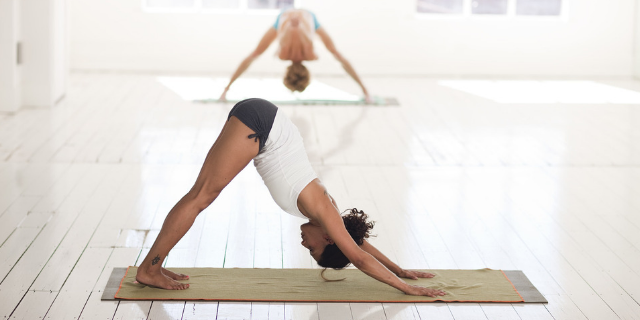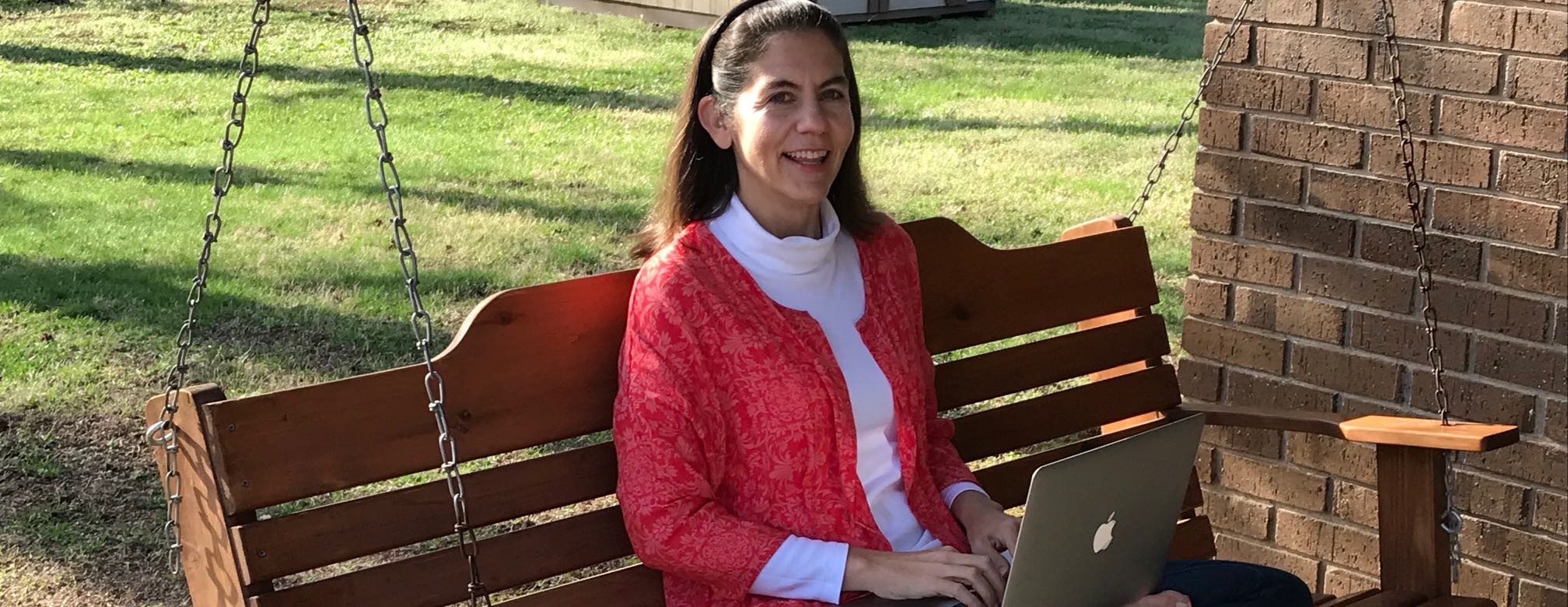
Credit: www.pixaby.com
Many Yoga studios these days offer a wide variety of classes. Non-English words like Hatha, Vinyasa, Ashtanga, Iyengar and Yin can be mind-boggling and can easily deter someone from giving Yoga a try.
For those who know the difference between the styles of Yoga and like variety, a big studio is a great option because of the many types of classes on offer. However, there are a lot of people out there who prefer just one or two styles or may want to become well-trained in every facet of a particular style of Yoga.
If you’re a beginner, I strongly suggest you spend ample time exploring the different physical styles of Yoga. Personally, I find all variations to have their own set of challenges so I don’t mind dropping in on any class available. Also, if you’re time poor, flexibility is a must and you’ll find yourself jumping in at any given moment to get your Yoga fix for the day.
In this blog I’d like to look at the similarities and differences between Hatha and Vinyasa Yoga. In a nutshell, Hatha Yoga has a focus on holding or sustaining postures (asanas) for an extended length of time. In Vinyasa Yoga, the focus is on the flow of the breath as the practitioner moves from one posture or asana to the next.
Hatha Yoga
The word Hatha means ‘wilful’, so it’s a strong practice meant to open the channels of the body, in particular, the spine. ‘Ha’ means moon, and ‘tha’ means sun; so you can think of it like a balance between the masculine and feminine, or the yin and the yang. When practising Hatha Yoga the aim is to still the mind by focusing on long and deep breaths while holding a posture for five to ten breaths. So in a one hour class you’re probably going to do half the number of postures that you would do in a Vinyasa Yoga class.
Vinyasa Yoga
The word Vinyasa means ‘flow’, and it is a dynamic practice meant to make someone strong and flexible. Patience is required to avoid injury and learn how to align movement with the breath. This form of Yoga has become very popular in the West; I think it’s because it has a cardio element to it and you can get to the point of feeling fatigued. Vinyasa Yoga teachers come to class with a lesson plan or choreography prepared that he or she will lead the students through to develop strength and flexibility.
I am a certified Vinyasa Yoga teacher but I still find time to get in some Hatha, as well as other forms. If you would like to have a one-on-one Vinyasa Yoga session or perhaps a duet session, feel free to contact me below.
